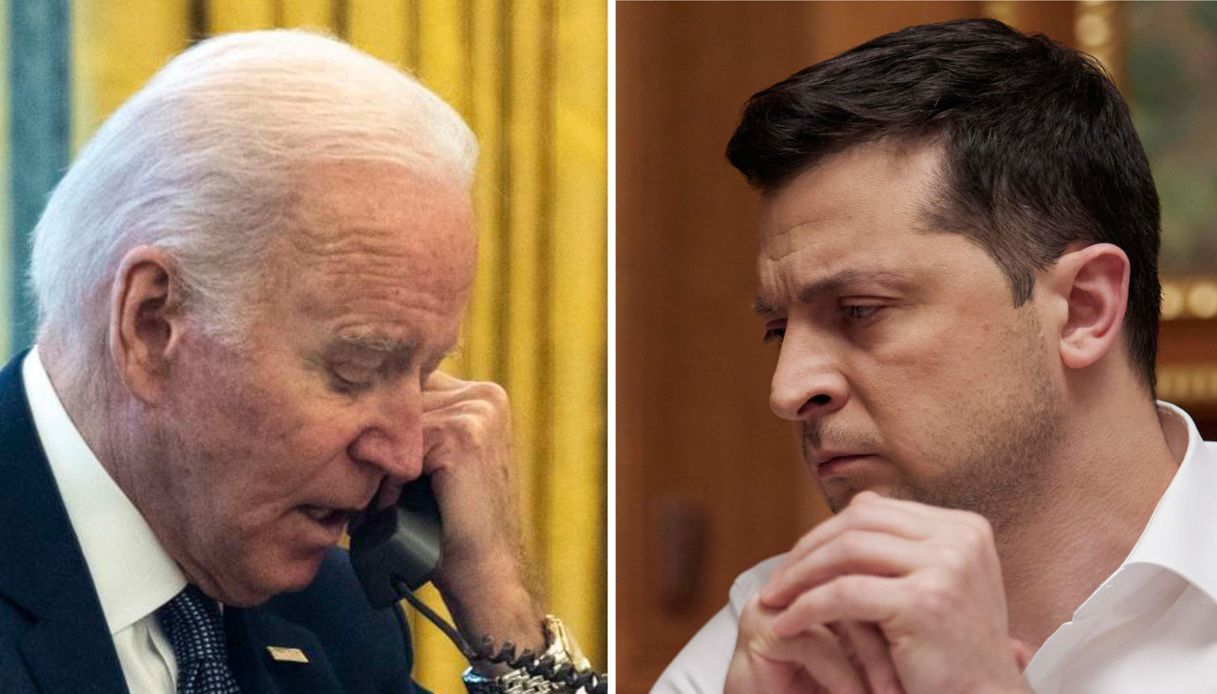[ad_1]
WASHINGTON (Reuters) – The trial to determine if the U.S. Department of Justice can stop AT&T Inc’s $85 billion purchase of media company Time Warner Inc will begin on March 19.
The date set by a federal court in Washington during a hearing on Thursday is almost midway between AT&T’s request to start the trial on Feb. 20 and the U.S. government’s preferred date of May 7.
Judge Richard Leon indicated he expects to deliver a final ruling in April or May. Under their agreement, AT&T will have to pay Time Warner $500 million if the deal does not close by April 22.
AT&T, the U.S. No. 2 wireless company, and Time Warner announced their deal in October 2016, but it was not until last month that the Justice Department sued AT&T to block the deal, arguing it could raise prices for rivals and pay-TV subscribers and hamper the development of online video.
The fate of the deal has been widely followed since U.S. President Donald Trump criticized it on the campaign trail last year and his repeated attacks on the reporting of Time Warner’s CNN news network.
Trump renewed his opposition to the deal last month.
“I think your pricing’s going to go up, I don’t think it’s a good deal for the country,” he said in November.
It is not clear that Trump’s comments will have an effect on the trial.
“I don’t think it is a great idea to get into all of this (allegations of White House interference) because every deal raises different facts,” said Andre Barlow of Doyle, Barlow & Mazard PLLC. “The court is going to decide this case based on the economic realities of the video distribution and content markets and not on President Trump’s public battle with CNN.”
Aside from interest generated by Trump, the case is being closely watched by businesses as it is very rare for an antitrust agency to try to prevent a company from buying a supplier, as is the case with AT&T’s purchase of Time Warner.
The government usually challenges companies that seek to merge only if they are direct competitors in an already concentrated market.
Once in trial, AT&T will likely push a solution it hopes will be palatable to the judge, who will decide whether the deal may go forward.
AT&T and Time Warner said in a court filing that Time Warner’s Turner Broadcasting unit had offered its distributors licensing terms that forbid Turner from “going dark” on a distributor for seven years after the deal closes if they reach an impasse in negotiations. Blackouts are a negotiating tool in carriage disputes between distributors and programmers.
It is not unusual for companies facing a government challenge to respond with such a fix.
In three cases since 2014 – Sysco buying U.S. Foods, Staples buying Office Depot and Aetna buying Humana – the companies offered a fix but their deals were still deemed illegal by the judge hearing their case and the mergers were scrapped.
Reporting by Diane Bartz; Editing by Bill Rigby
[ad_2]
Source link







Leave a Reply